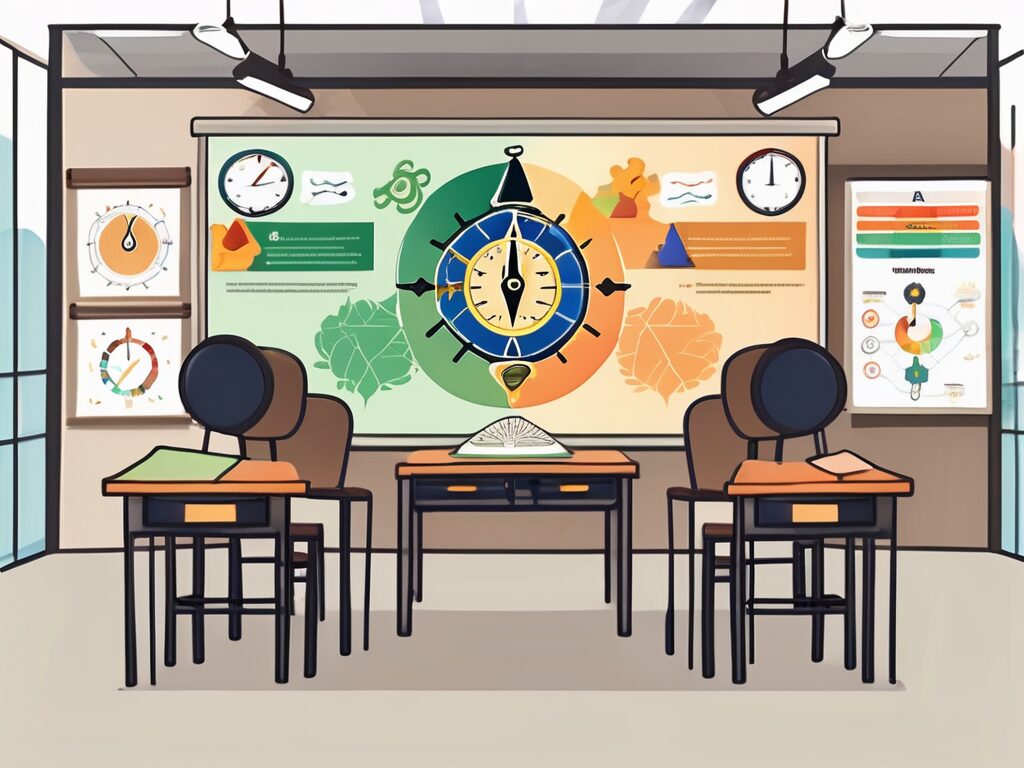Teaching in Thailand is a rewarding experience, but it’s not without its challenges. One of the most significant hurdles that educators face is teaching with an International Qualification for Teacher Standards (IQTS). This globally recognised qualification is designed to ensure that teachers are equipped with the necessary skills and knowledge to deliver high-quality education. However, the application of IQTS in the Thai context can present unique challenges. In this blog post, we’ll explore four strategies to overcome these obstacles.
Understanding the Thai Education System
The first step to successfully teaching with an IQTS in Thailand is understanding the Thai education system. The system is divided into three levels: primary, secondary, and tertiary. Each level has its own set of challenges and requirements, making it essential for teachers to familiarise themselves with the intricacies of each.
For example, primary education focuses on basic literacy and numeracy skills, while secondary education delves into more complex subjects like science and social studies. Tertiary education, on the other hand, is more specialised and requires a deeper understanding of specific fields of study. By understanding these differences, teachers can tailor their teaching methods to meet the needs of their students at each level.
Adapting to Cultural Differences
Another crucial aspect of understanding the Thai education system is recognising and adapting to cultural differences. Thai culture places a high value on respect for elders and authority figures, which is reflected in the classroom. Teachers are expected to command respect and maintain discipline, but in a manner that is respectful and understanding of Thai customs.
For instance, it’s common for students to wai (a traditional Thai greeting) their teachers at the start of each day. Understanding such cultural nuances can help teachers build a positive rapport with their students and create a conducive learning environment.
Developing Effective Teaching Strategies
Once teachers have a good understanding of the Thai education system and culture, the next step is to develop effective teaching strategies. This involves creating lesson plans that cater to the learning styles of Thai students, incorporating interactive activities, and using assessment methods that accurately measure student understanding.
One effective strategy is to incorporate group work and collaborative activities into lessons. Thai students often learn best when they can work together and learn from each other. This not only promotes active learning but also helps students develop important skills like teamwork and problem-solving.
Using Technology in the Classroom
Another strategy is to incorporate technology into the classroom. Many Thai schools now have access to computers and the internet, making it possible to use digital tools to enhance learning. This could involve using educational apps, online quizzes, or virtual reality to bring lessons to life.
However, it’s important to remember that technology should complement, not replace, traditional teaching methods. Teachers should still focus on developing strong relationships with their students and providing personalised feedback to help them improve.
Continuing Professional Development
Teaching with an IQTS in Thailand is a continuous learning process. To stay effective, teachers need to engage in ongoing professional development. This could involve attending workshops, pursuing further qualifications, or simply keeping up-to-date with the latest teaching research and methodologies.
Professional development not only helps teachers improve their teaching skills but also keeps them motivated and engaged in their work. It’s an investment in their career that can lead to better student outcomes and personal job satisfaction.
Networking with Other Teachers
One of the best ways to engage in professional development is to network with other teachers. This can provide opportunities to share experiences, exchange teaching strategies, and learn from each other. There are many networking opportunities available, from local teaching conferences to online forums and social media groups.
Networking can also provide support and encouragement, which can be particularly beneficial for teachers working in a foreign country. It’s a reminder that they’re not alone in their challenges and that there’s a community of educators who are ready to help.
Conclusion
Teaching with an IQTS in Thailand can be a challenging but rewarding experience. By understanding the Thai education system, developing effective teaching strategies, and engaging in ongoing professional development, teachers can overcome these challenges and deliver high-quality education to their students.
Remember, every challenge is an opportunity for growth. So embrace the journey, learn from your experiences, and strive to be the best teacher you can be. Your students, and indeed the future of Thailand, will thank you for it.
Advance Your Teaching Career with The IQTS at UWE
Ready to tackle the challenges of teaching with an IQTS in Thailand and elevate your professional journey? The IQTS at UWE is your gateway to achieving international recognition and enhancing your teaching career. With our iQTS programme, you’ll join the ranks of educators who have seen a 50% increase in interview callbacks and a 45% rise in promotion rates. Embrace the opportunity to expand your professional network, deepen your understanding of global education systems, and balance your career advancement with flexible online study options. Don’t let isolation or a lack of qualifications hold you back. Make Your Next Step today and become part of a community that’s 300% more connected, with a 30% salary boost on the horizon.

